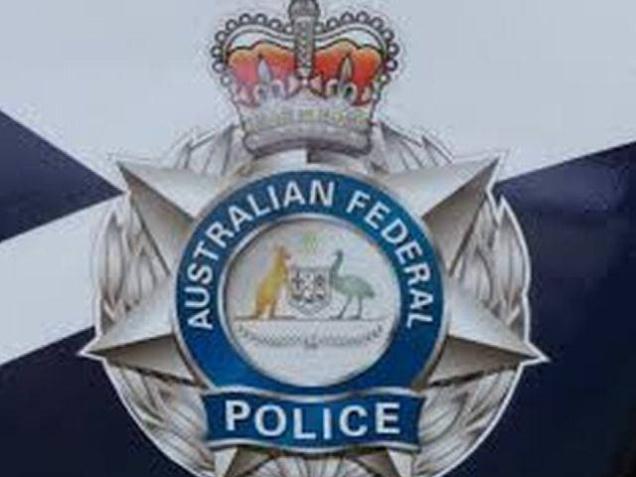Shock as 12-year-old on Australian terror radar
Earlier this week, Canberra outlined plans to tighten counter-terrorism laws further, including restricting the movements of suspects as young as 14 in the wake of the deadly attack on police employee Curtis Cheng.
“We have to be prepared to experiment and try new approaches and all of you, and I know, are doing that”, he said. “Now we find people in their early teens and the government is very shocked about these matters”.
“We’re shocked that a 12-year-old is on police radar for these types of matters”, said Federal Police Commissioner Andrew Colvin.
Two young Sydney men on Friday were refused bail in relation to events leading up to the shooting and will reappear in court in December. The attacker, Farhad Khalil Mohammad Jabar, 15, was shot and killed by police at the scene.
The court order, the ABC reported, prohibits terrorism suspect Ahmad Saiyer Naizmand from communicating with 18 males, including the 12-year-old and an 18-year-old who’s still in detention in relation to the fatal shooting of Curtis Cheng at NSW police headquarters in Parramatta on October 2. “This threat has evolved, it’s become younger”.
Yesterday’s summit to refocus the government’s counter-terrorism approach comes after a wave of criticism this week from local Muslim groups over a proposal for new control orders that would allow security agencies to monitor and detain teenage terrorism suspects as young as 14.
In 2014, a Middle Eastern man took hostages in a café that became known as the “Sydney Siege” which resulted in the death of many hostages and the gunman.
Mr Turnbull said that the fight against radicalisation and extremism in Australia will succeed or fail on how well Australians work with Muslim communities.
Turnbull said the shooting of Cheng by teenager Jabar has shown that “radicalisation and extremism could be seen in the very young people that we would regard as children”.
“This is a real home grown threat”, he told policing and education officials. There is no country comparable to ours which has such a diverse mix of its population and that is built on mutual respect.
With extremist groups increasingly using social media to post propaganda and groom and recruit youths, Turnbull reiterated that security agencies must be quick to adapt to the “extraordinary power of the Internet”.
Australia, a staunch ally of the United States and its battle against Islamist militants in Iraq and Syria, has been on heightened alert for attacks by home-grown radicals since a year ago.
“We need to provide better intervention programs that prevent people becoming radicalised and intervene with people who are at risk of being on a pathway to violent extremism”, he told delegates meeting at Old Parliament House in Canberra.
Mr Turnbull has said the attack “appears to have been an act of terrorism”.








